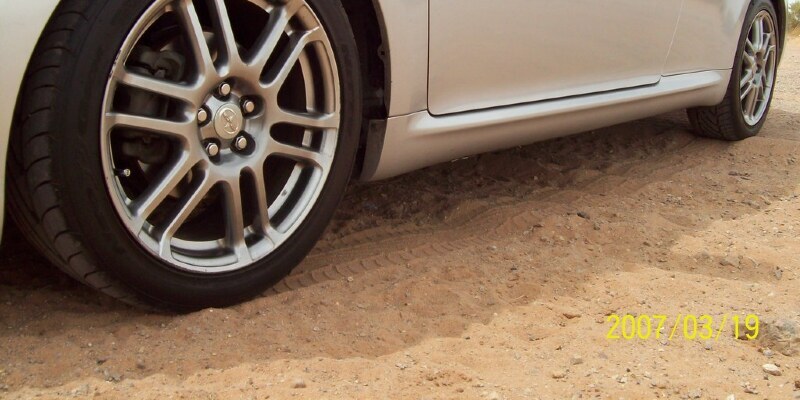Granite makes for beautiful countertops, but it might also harbor hundreds of thousands or billions of bacteria. Polished granite — even when treated with a sealer — is not perfectly smooth nor is it inherently sterile. It has a number of tiny pores and crevices which can eventually become homes for bacteria. While granite itself does not nourish bacteria, food preparation on granite counters may leave moisture and traces of fats, proteins and carbohydrates in the stone pores which bacteria can live on. Disinfect daily to make certain sanitary surfaces.
Disinfecting Granite
To take care of potential bacterial contamination, you can disinfect your sealed granite counters with water. Mix 3/4 cup of regular-strength chlorine bleach in 1 gallon of water. Wipe the countertop using the bleach alternative, let it stand for 5 minutes, rinse with clear water and permit it to air-dry.
Bleach Alternative
If you don’t care for the smell of bleach, then you can use medicinal alcohol antimicrobial for disinfecting your granite counters. Mix 4 tablespoons of alcohol and 4 drops of liquid dish detergent in 1 gallon of water. Pour the solution into a spray bottle and spray it on the countertop. Allow it to stand at least 1 minute and then wipe the countertop dry using a soft, clean, white cloth. Work section by section until the whole countertop is finished.
